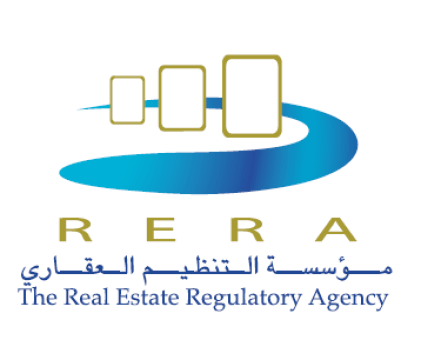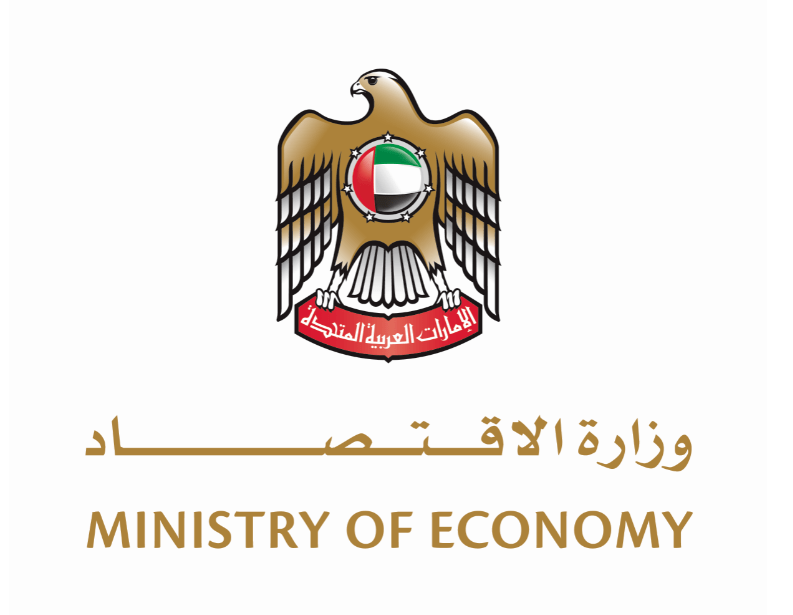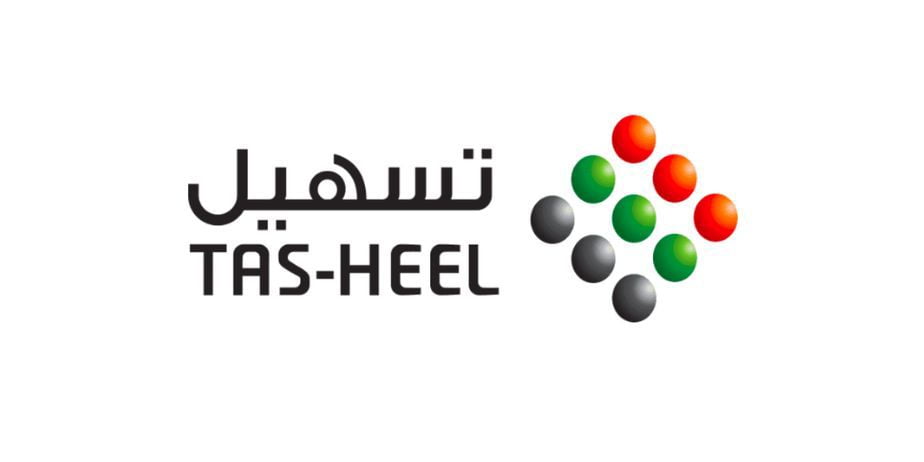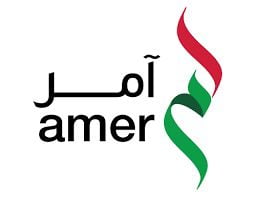VAT for Businesses
VAT Certificate
About VAT
VAT Filings
VAT for Businesses
With the introduction of VAT in the UAE, there are considerations that businesses would have to keep in mind. Here’s clarifying doubts that you as a company might have.
How will VAT be collected?
Businesses are required to document their earnings and expenditures germane to VAT. Registered businesses shall: Charge a VAT of 5% to their customers Incur a VAT on goods and services that they receive from their suppliers The differential between these two amounts shall be paid to or reclaimed from the government, as applicable.Which businesses should register for VAT?
For businesses whose value of taxable goods and supplies exceed AED 375,000, it is mandatory to register for VAT. For businesses whose value of taxable goods and supplies is less than this threshold but over 187,500, registering for VAT is optional.When are registered businesses required to file VAT returns?
Registered businesses must file VAT returns with the FTA on a regular basis, within 28 days of the end of the tax period, as mentioned in their VAT registration certificate or the official tax website dashboard. VAT returns can be filed using online services.How to file VAT returns?
VAT return filing in the UAE will be online – manual returns are not acceptable. The e-filing of VAT can be undertaken on the web portal of FTA. The e-services section offers the option for VAT return filing. VAT returns should be filed every quarterly or monthly; delay in filing returns is liable to attract penalties by the tax authorities.What kind of records are businesses required to maintain, and for how long?
It is mandatory for taxable businesses to maintain books of accounts under UAE VAT law. In addition to that, the authority can ask for additional documents such as annual accounts, general ledger, purchase day book, invoices issued, invoices received credit notes, debit notes, VAT Ledger, etc. Under the UAE VAT law, the books of accounts and records are to be maintained for 5 years.Can businesses offset customs duty against VAT payments?
A VAT is payable over and above the customs duty paid by an importer. VAT shall be computed on the price of the good/service including customs duty.What if a business doesn’t follow VAT?
Penalties shall be imposed in case of non-compliance. Non-compliance could mean:- Failing to register for VAT if you fall in the taxable category
- Failing to submit VAT return or pay the VAT within the allotted period
- Failing to maintain the records required as per the tax legislation
- Evading VAT
VAT Certificate
Value Added Tax (VAT), is going to be introduced in the United Arab Emirates from the 1st of January, 2018. The rate of VAT is likely to be as low as 5%. The UAE is implementing VAT to provide the UAE residents with better quality infrastructure and public services and to also reduce dependency on oil and other hydrocarbons as a source of revenue.
1. What kind of businesses should register for VAT? And how will the government collect VAT from them?
Not all businesses will need to register for VAT, but, after the VAT implementation, all businesses in the UAE will be expected to record their financial transactions accurately and keep them up-to-date. Businesses with more than a minimum annual turnover will have to register for VAT, though this figure has not been finalized yet by the government. They must formally submit the report of the VAT they charge and VAT they have paid to the government on a regular basis. Depending on the amount of VAT charged and paid, they can either reclaim or pay the difference to the government. They must also:- charge VAT on taxable goods or services they supply
- reclaim any additional VAT they’ve paid on business-related goods or services
- keep a range of business records which will allow the government to check their credibility
2. What is a Tax Certificate?
The exact definition according to Ministry of Finance of UAE is as follows: This is a certificate issued for government authorities, private sector companies and individuals to exempt them from Value Added Tax (VAT) in various countries around the world. Currently, there are only two types of tax certificates available and they are:- Value Added Tax (VAT) Certificate
- This certificate is issued for institutions to exempt them from VAT. However, this is applicable only to government entities, registered companies and residents of the UAE.
- Tax Domicile Certificate or Tax residency certificate (TRC)
- This certificate is issued to avoid double taxation and is applicable only to government entities, registered companies and residents of the UAE. It does not apply to subsidiaries as they are not included in the double taxation avoidance agreement. Procedures of obtaining TRC click here.
3. What documents should one furnish to get a VAT Certificate?
- For authorities:
- A request letter signed by the authorized signatory
- A copy of the decree and act of incorporation
- For companies:
- A request letter signed by the company
- A copy of a valid trade license
- For individuals:
- A request letter signed by the applicant
- A copy of the passport and a valid residence permit
About VAT
About VAT
VAT refers to Value Added Tax. It is being introduced in the UAE starting 2018. Here’s all you need to know about it.What is VAT?
Value Added Tax (VAT) is a consumption tax applied on a good as its value is increased each stage of its production or distribution. It is an indirect tax that is related to a taxpayer’s consumption and not their income. The VAT is applicable in more than 160 countries.When will VAT come into effect?
VAT, at the rate of 5%, shall be introduced in the UAE and other GCC countries from 1 January 2018. Businesses can start registering for VAT three months before the launch date (1 October 2017).What shall be taxed?
A VAT would be applicable to non-essential consumer goods. Anything apart from basic food and essential commodities would fall in this taxable bracket. This would include automobiles, electronics, jewelry, restaurant services, and entertainment.What will be exempt from VAT?
The Government of UAE has stated that about items in about 100 categories like food, education, health, bicycle, fuel, transport, and social services would be exempted from VAT.Who shall be taxed?
Corporations: Businesses providing goods or services falling in the taxable category, with an annual revenue of over AED 375,000, would be required to register for VAT. It is optional for companies with annual supplies and imports less than AED 375,000 but over AED 187,500. Here, companies providing health or education services may reclaim the VAT from the government. Consumers: Anyone purchasing a non-essential is liable to pay VAT. Realtors: Any sale or renting of property for commercial purposes would attract VAT.Free Zones Exempt from VAT
The FTA on January 10, 2018, announced that 20 free zones in the UAE would be exempt from VAT. These are being referred to as ‘designated zones’. The areas included are largely fenced free zones with special controls on goods, rather than areas such as Dubai Media City or those dealing in financial services. In addition, goods may be transferred between designated zones without being subject to tax if the goods are not used or altered during the transfer process, and the transfer is undertaken in accordance with the rules for customs suspension per Gulf Cooperation Council (GCC) Common Customs Law. There is, however, an exception to this VAT exemption in the designated zones: a fee charged for services would be VAT-taxed. So, for instance, a business incorporation service availed in a designated zoned would still be levied with VAT. VAT Filings
It is very important for businesses to understand that consequences of non filing. Penalties for non-compliance of VAT laws can result in not only heavy penalties but also cancellation of licenses. We not only ensure timely filing but also keep in mind that they have to be accurate to avoid penalties.
Currently Federal Tax Authority have allotted different first VAT periods to different companies and thereafter every company is required to file returns quarterly.
We therefore take care of all your tax obligations offering you the peace of mind to focus on main business activities.














